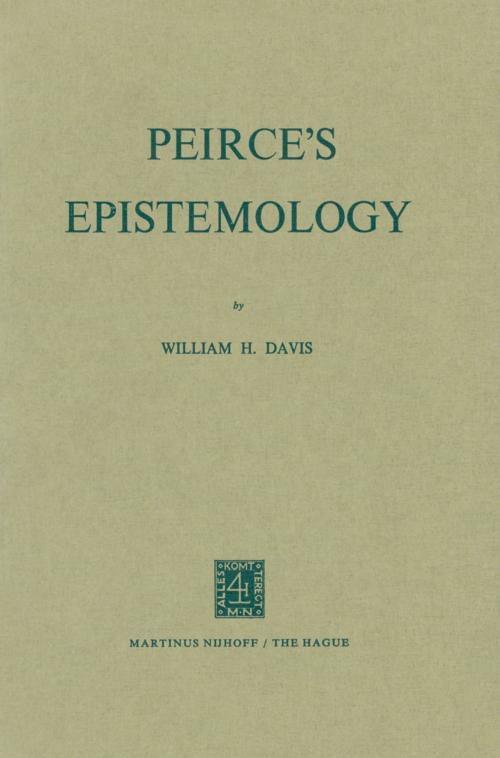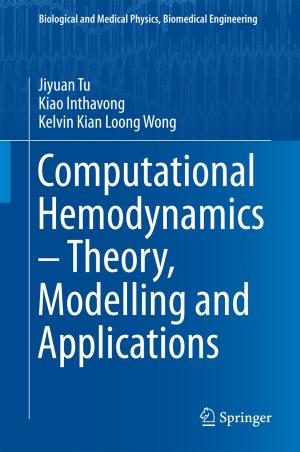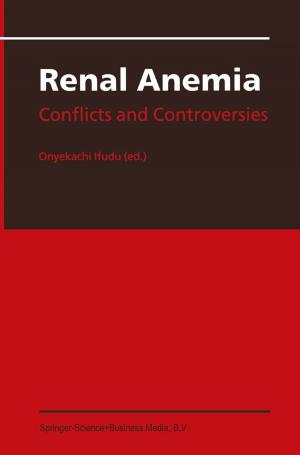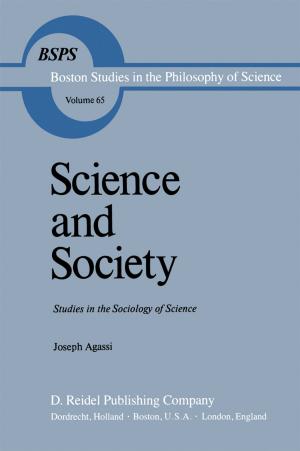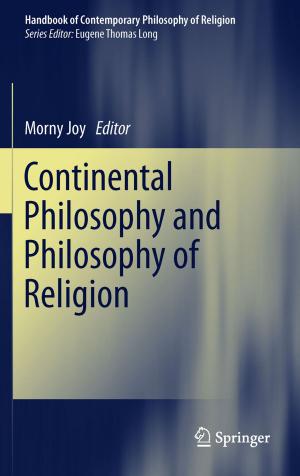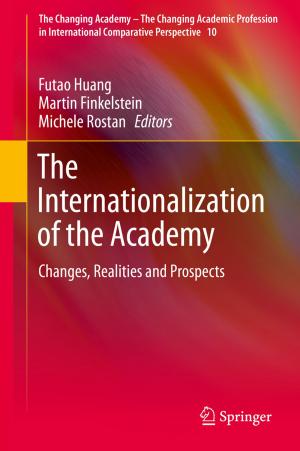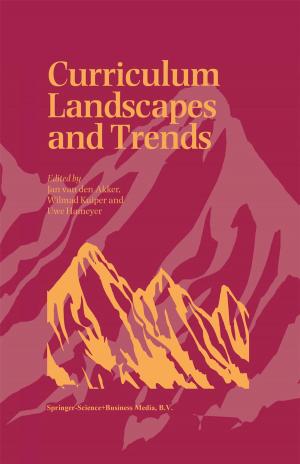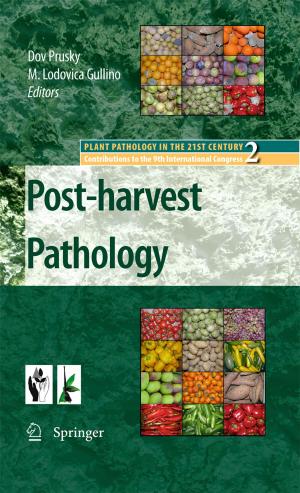| Author: | W.H. Davis | ISBN: | 9789401028028 |
| Publisher: | Springer Netherlands | Publication: | December 6, 2012 |
| Imprint: | Springer | Language: | English |
| Author: | W.H. Davis |
| ISBN: | 9789401028028 |
| Publisher: | Springer Netherlands |
| Publication: | December 6, 2012 |
| Imprint: | Springer |
| Language: | English |
This work is an essay in Peirce's epistemology, with about an equal emphasis on the "epistemology" as on the "Peirce's." In other words our intention has not been to write exclusively a piece of Peirce scholarshiJ> hence, the reader will find no elaborate tying in of Peirce's epistemology to other portions of his thought, no great emphasis on the chronology of his thought, etc. Peirce scholarship is a painstaking business. His mind was Labyrinthine, his terminology intricate, and his writings are, as he himself confessed, "a snarl of twine." This book rather is intended perhaps even primarily as an essay in epistemology, taking Peirce's as the focal point. The book thus addresses a general philosophical audience and bears as much on the wider issue as on the man. I hope therefore that readers will give their critical attention to the problem of knowledge and the sugges tions we have developed around that problem and will not look here in the hope of finding an exhaustive piece of Peirce scholarship.
This work is an essay in Peirce's epistemology, with about an equal emphasis on the "epistemology" as on the "Peirce's." In other words our intention has not been to write exclusively a piece of Peirce scholarshiJ> hence, the reader will find no elaborate tying in of Peirce's epistemology to other portions of his thought, no great emphasis on the chronology of his thought, etc. Peirce scholarship is a painstaking business. His mind was Labyrinthine, his terminology intricate, and his writings are, as he himself confessed, "a snarl of twine." This book rather is intended perhaps even primarily as an essay in epistemology, taking Peirce's as the focal point. The book thus addresses a general philosophical audience and bears as much on the wider issue as on the man. I hope therefore that readers will give their critical attention to the problem of knowledge and the sugges tions we have developed around that problem and will not look here in the hope of finding an exhaustive piece of Peirce scholarship.
